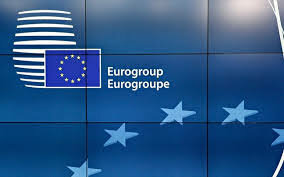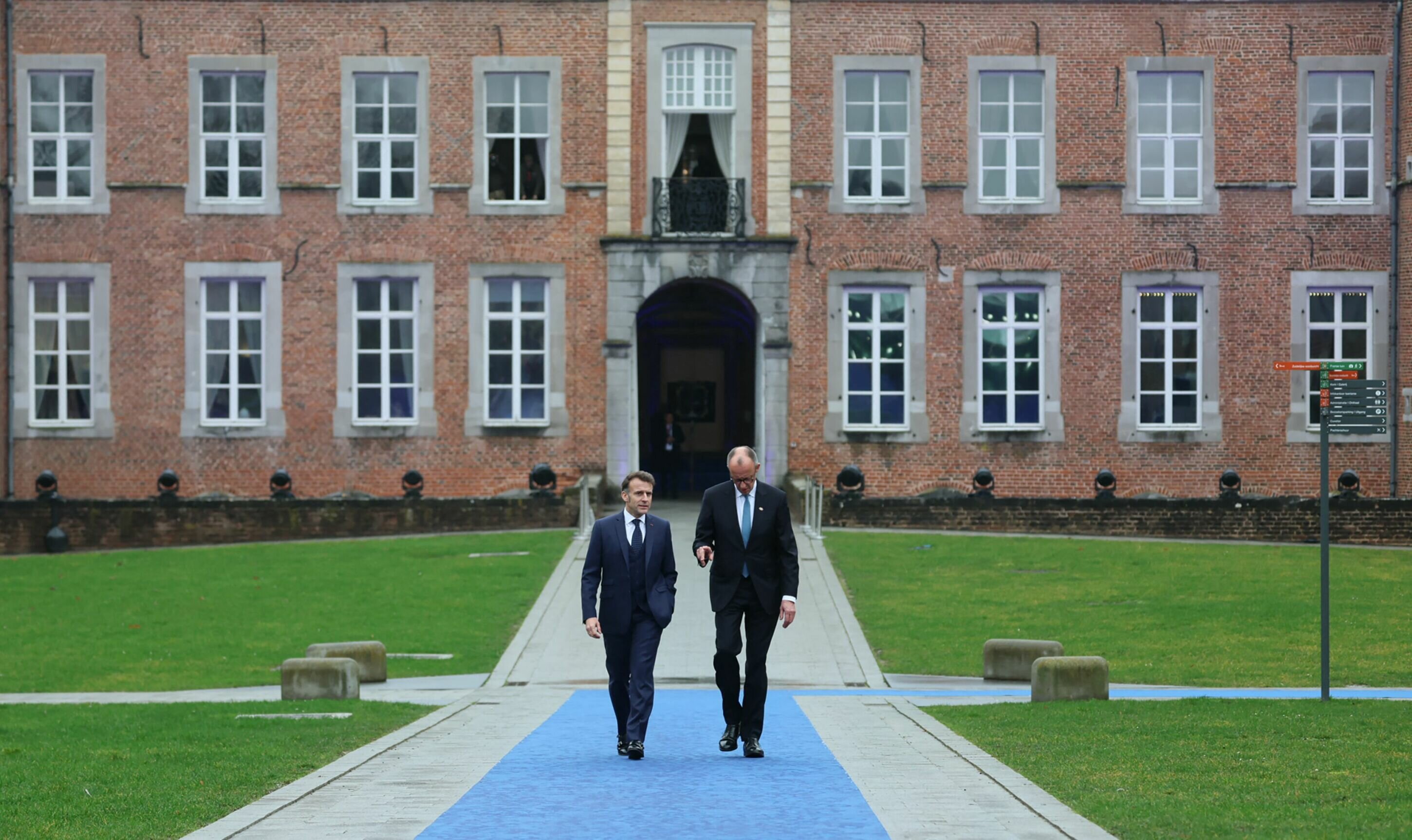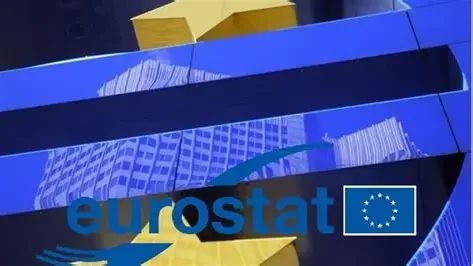ITA - Gli Stati Uniti hanno attaccato l'Iran nelle prime ore notturne di domenica il 22 giugno. Gli aerei americano hanno colpito con bombe a penetrazione le centrali nucleari iraniane di Fordow, Natanz ed Esfahan. Il sostegno morale dell'amministrazione Trump ad Israele, impegnato in una settimana di attacchi lanciati contro obiettivi sensibili di Teheran, è diventato militare.
Nei servizi di economia a cura dei grandi media si notano toni preoccupati per una esclation che potrebbe, coinvolgendo anche lo strategico Stretto di Hormuz, avere effetti recessivi sul sistema economico globale.
Europei prudenti seppur contro ogni dotazione nucleare da lasciar costruire all'Iran
Ursula von der Leyen ha scritto sulla rete X che la stabilità nella regione deve essere una priorità, così come il rispetto del diritto internazionale. L'invito della presidente è stato, anche nella domenica del clamoroso attacco, rivolto alla necessità di trovare una soluzione diplomatica. Alla Von der Leyen si è unita la rappresentante della politica estera dell'Ue Kallas con un invito in un post sui social media "a fare un passo indietro”. Nelle scorse ore sia la presidente che la Kallas avevano comunque insistito sulla necessità di impedire all'Iran di sviluppare l'arma nucleare.
Dalle cancellerie europee si sono affrettati a rimarcare l'estraneità alla missione. Il precipitare degli eventi ha ampiamente vanificato i tentativi di dialogo a Ginevra dei Paesi del Formato E3, ovvero Francia, Gran Bretagna e Germania, con il ministro degli esteri iraniano. La comunità transatlantica della Nato è in procinto di riunirsi all'Aia dal 24 al 26 giugno 2025.
EUR/EN - The United States attacked Iran in the early hours of Sunday night, June 22. American aircraft hit Iranian nuclear power plants in Fordow, Natanz and Esfahan with penetration bombs. The Trump administration's moral support for Israel, engaged in a week of attacks launched against sensitive targets in Tehran, has become military.
In the economic reports of the major media, there is a worried tone about an escalation that could, also involving the strategic Strait of Hormuz, have recessive effects on the global economic system.
Europeans are cautious, although against any nuclear equipment to be built by Iran
Ursula von der Leyen wrote on the X network that stability in the region must be a priority, as well as respect for international law. The president's invitation was, even on the Sunday of the sensational attack, aimed at the need to find a diplomatic solution. Von der Leyen was joined by EU foreign policy representative Kallas with an invitation in a post on social media "to take a step back". In the past few hours, both the president and Kallas had insisted on the need to prevent Iran from developing nuclear weapons.
The European chancelleries were quick to point out their lack of involvement in the mission. The precipitation of events has largely thwarted the attempts at dialogue in Geneva by the E3 Format countries, namely France, Great Britain and Germany, with the Iranian foreign minister. The transatlantic community of NATO is about to meet in The Hague from 24 to 26 June 2025.
analisti associati @euroeconomie.it *
* This contribution is not a journalistic article but an analytical brief - Questo contributo non è un articolo giornalistico ma un brief analitico
.png)






